Prospect Of Brexit Provokes Bafflement, Glee In Russia
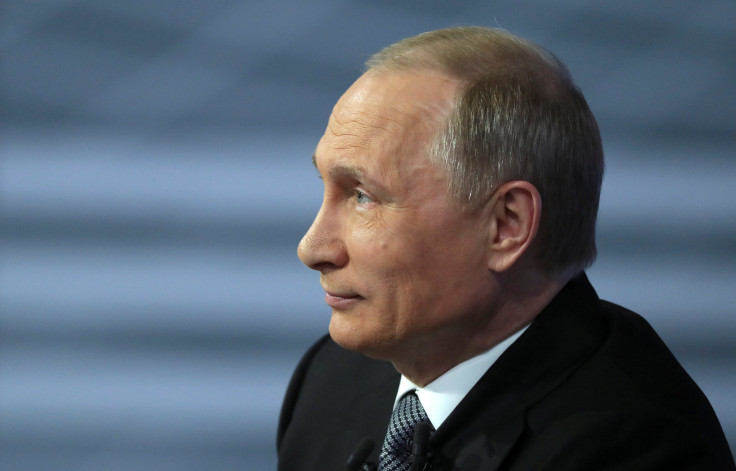
MOSCOW — Grasping for another reason to persuade Britons to vote to stay in the European Union, Prime Minister David Cameron said last month that Brexit might make both Russian President Vladimir Putin and Islamic State leader Abu Bakr al-Baghdadi happy.
But Putin doesn’t agree. Breaking his public silence on the British referendum, Putin told journalists last week that it has nothing to do with Russia.
“It’s not very pleasant to link Russia to every problem, even those that are not linked to us at all, nor to make Russia into a sort of bogey man,” Putin said, before he launched into speculation about Cameron’s motives. “Why did he initiate the vote? To blackmail Europe again or to frighten someone? What’s the point when he himself is opposed to it?”
Putin’s unwillingness to either back or oppose Brexit, which will be decided in a vote Thursday, makes him stand out from other heads of state around the world. United States President Barack Obama, a host of European leaders as well as Chinese officials have been among those to call on Britain to stay in the EU.
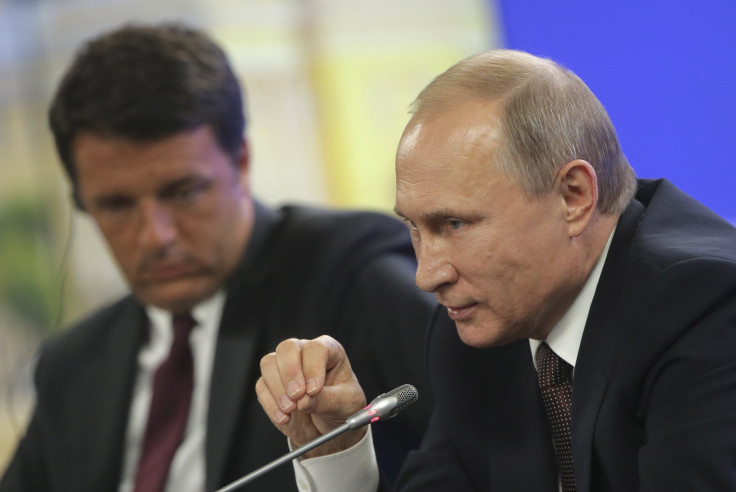
Experts and some Russian officials suggest Kremlin reticence is carefully judged — and that Moscow could reap significant foreign policy benefits from a weakened EU.
The United Kingdom is one of the most vocal supporters of EU’s sanctions regime against Russia imposed during the Ukraine crisis and Brexit, some suggest, could reduce the pressure on the Kremlin. Russia has already been cultivating relations with European countries, including Italy, Hungary, Greece and Austria, that are seen as being more “friendly” toward Moscow.
The debate over Britain’s future in the EU is a sign of deep fractures in the West, according to Vladimir Yakunin, a former KGB officer who left his job as head of state-owned Russian Railways last year but is considered to be close to Putin.
“The European Union is, of course, undergoing a crisis,” Yakunin told journalists Thursday.
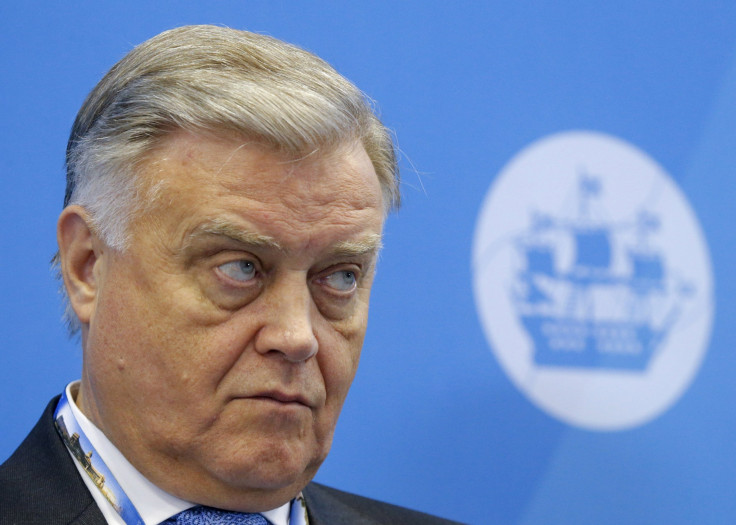
“Brexit is reflecting some tension inside the global model… there are many points of tension, there are many aspects of tension and they not being relaxed within the existing framework,” said Yakunin. He added that problems in the EU could translate into a weakening of the North Atlantic Treaty Organization alliance, which Russia sees as a growing military and political threat.
Eastern European members of the EU, many of which are fearful of Russian ambitions in the region, have been some of the most vociferous in calling for Britain to remain in the 28-member bloc. Many of these former communist countries worry Brexit could trigger a worst case scenario of EU-wide disintegration fostering heightened conflict, and even violence.
There is no evidence Russia is actively seeking to influence either side in the Brexit debate, but state-owned Russian media has appeared to favor a British leave vote. A recent analysis of articles on the Kremlin-controlled, English-language Sputnik news site suggested the editorial line was strongly tilted in support of Brexit.
A global macro strategist at Russian state-controlled VTB Capital, one of Russia’s leading investment banks, said in a research note last week that Brexit would be positive over the long term for the United Kingdom and might trigger similar referenda across the continent.
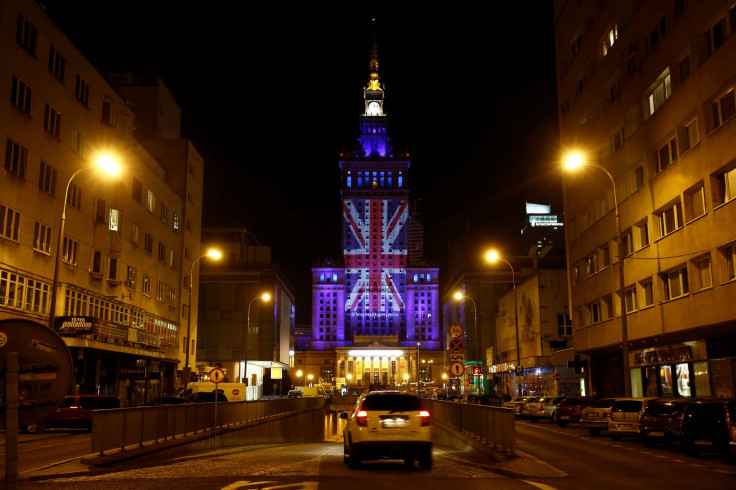
Other Russian officials speculate that Brexit would make the U.K. largely irrelevant on the world stage, continuing a process whereby London is sidelined internationally.
“Great Britain has no presence anywhere Russia has an important role. What role does Great Britain play in the Syrian crisis? None. What role does it play in the regulation of the Ukrainian crisis? None. What does this show? It shows that if you ignore Russia it means the isolation of Great Britain from overseas political processes,” according to Alexei Pushkov, head of the Foreign Affairs Committee in Russia’s parliament.
“Great Britain has become a completely provincial power focused on its own problems: Brexit, Scotland and football… They have chosen the path of self-isolation and that is their affair,” he told International Business Times on the sidelines of a conference in Saint Petersburg last week.
Russian ambassador to the U.K. Alexander Yakovenko declined to speak about Brexit when approached by IBT at the same conference.
Relations between Russia and Moscow are currently at their lowest point for over a decade. Ties were badly damaged by Russia’s 2014 annexation of Crimea and support for rebels in eastern Ukraine — and they were hit again this year when a U.K. judge said Putin likely signed off on the radioactive poisoning of Russian dissident Alexander Litvinenko in London in 2006.
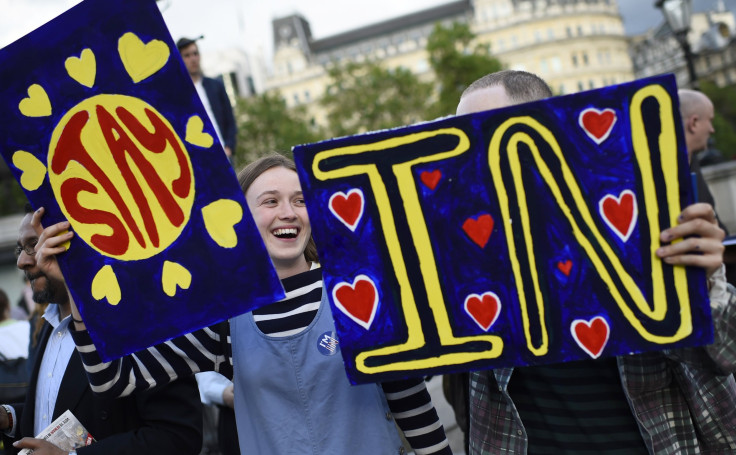
The value of trade between Russia and Britain has collapsed 40 percent because of Western sanctions and ruble weakness, according to the U.K. Ambassador to Russia Laurie Bristow, who was speaking Thursday at the conference in Saint Petersburg.
Few expect that a Brexit vote could boost legitimate business links between the two countries.
And some anti-corruption activists campaigning in London even say a win for the pro-Brexit camp could lead to less market regulation and more corrupt Russian money in the U.K. capital.
London-based anti-corruption activist Roman Borisovich said the momentum created by the revelations of offshore accounts in the Panama Papers and a May anti-corruption summit in London could be slowed by the potential confusion of the U.K. extricating itself from the EU.
“I think the government is genuinely against money laundering... [but] what Brexit might do is put [the issue] onto the back burner,” Borisovich said. “In the chaotic times that Brexit could create, it could be that more dirty money comes in."
© Copyright IBTimes 2025. All rights reserved.






















